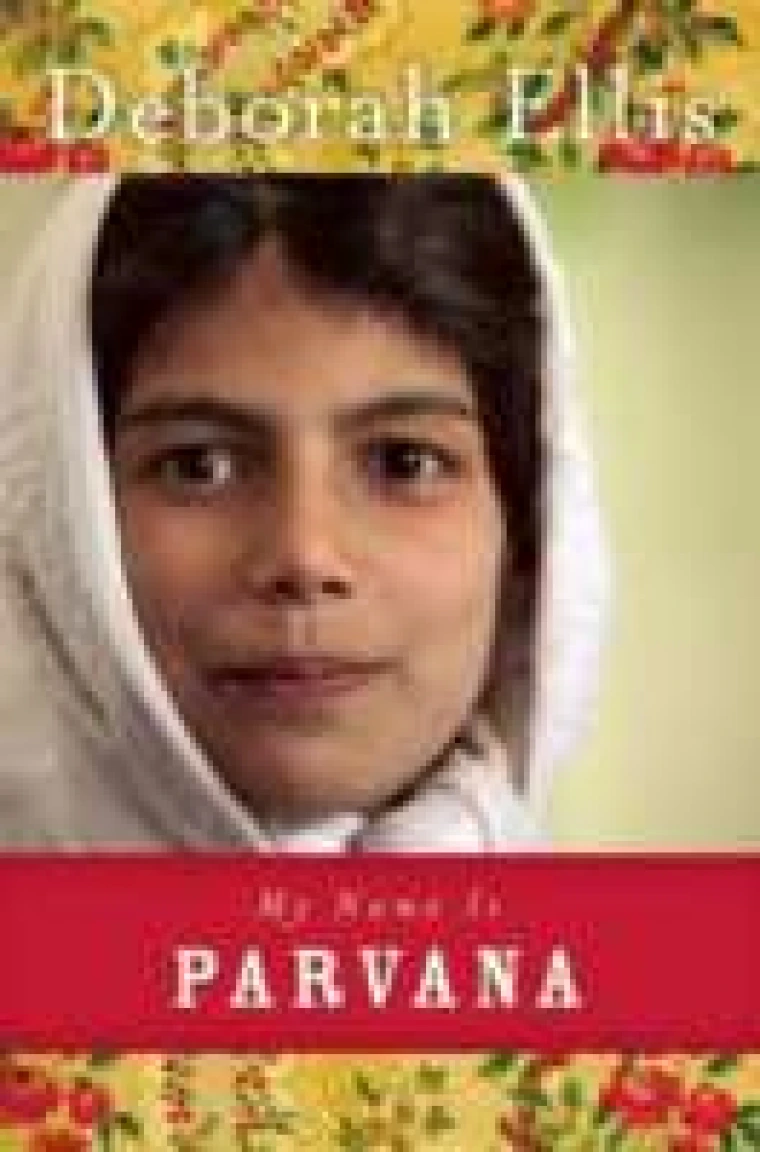My Name Is Parvana
On a military base in post-Taliban Afghanistan, American authorities have just imprisoned a teenaged girl found in a bombed-out school. The army major thinks she may be a terrorist working with the Taliban. The girl does not respond to questions in any language and remains silent, even when she is threatened, harassed and mistreated over several days. The only clue to her identity is a tattered shoulder bag containing papers that refer to people named Shauzia, Nooria, Leila, Asif, Hassan — and Parvana. In this long-awaited sequel to The Breadwinner Trilogy, Parvana is now fifteen years old. As she waits for foreign military forces to determine her fate, she remembers the past four years of her life. Reunited with her mother and sisters, she has been living in a village where her mother has finally managed to open a school for girls. But even though the Taliban has been driven from the government, the country is still at war, and many continue to view the education and freedom of girls and women with suspicion and fear.
9781554982974
Genre:
Realistic Fiction
Region:
Afghanistan

